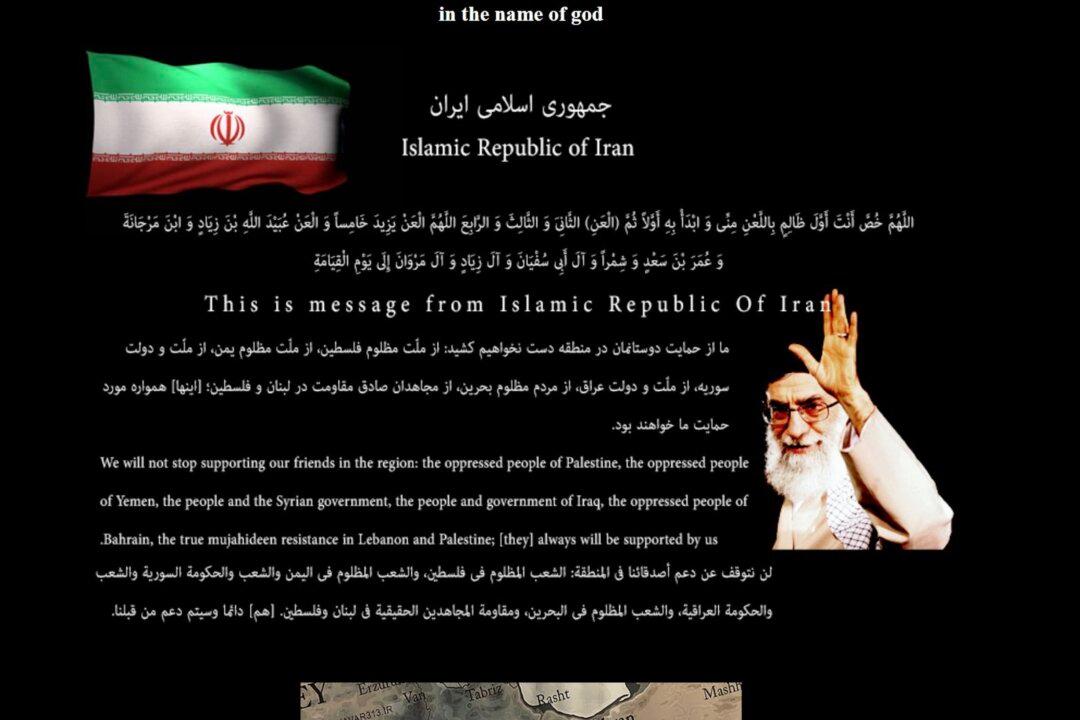Iran’s cyber battalion, consisting of 8,000 members, has been relentlessly working since 2011 to wage an online propaganda war against the United States, according to a report released by the Atlantic Council.
The report by council experts Emerson T. Brooking and Suzanne Kianpour was released on the 41st anniversary of the Iranian Revolution at a half-day conference in Washington and analyzes how the Iranian regime studies and exploits new communication technologies.





